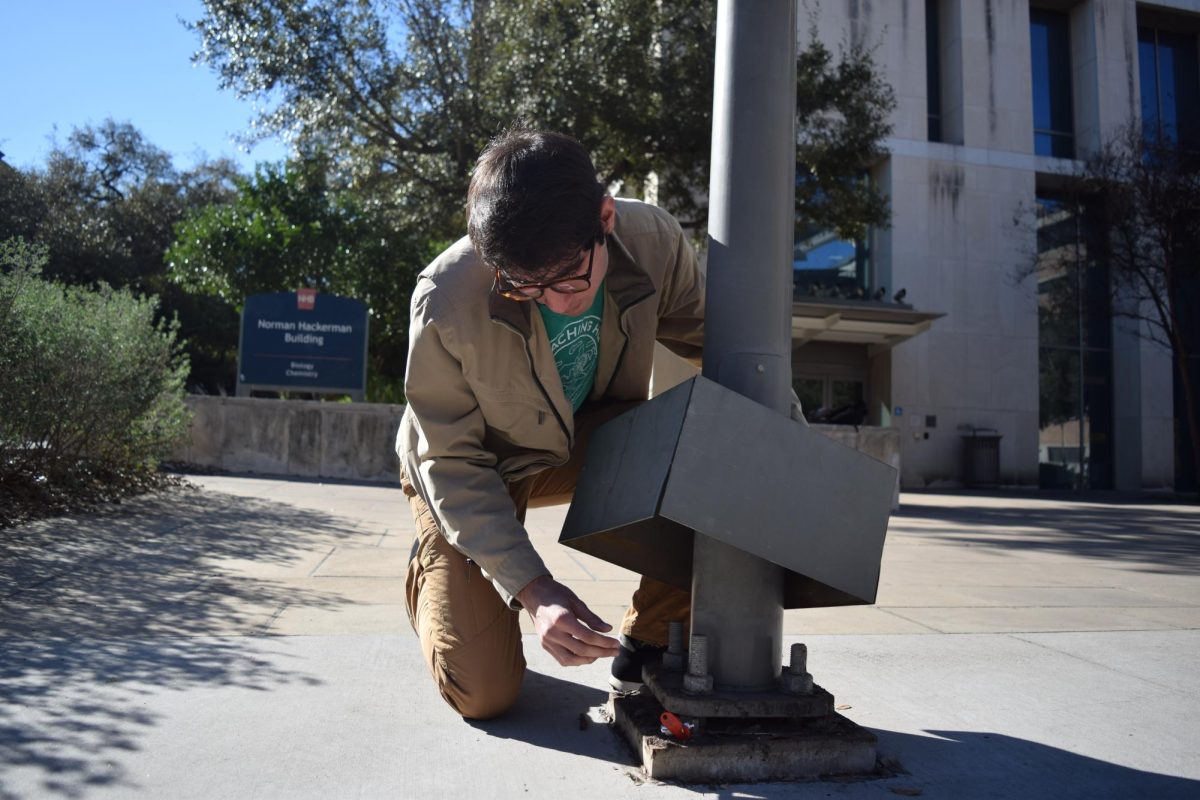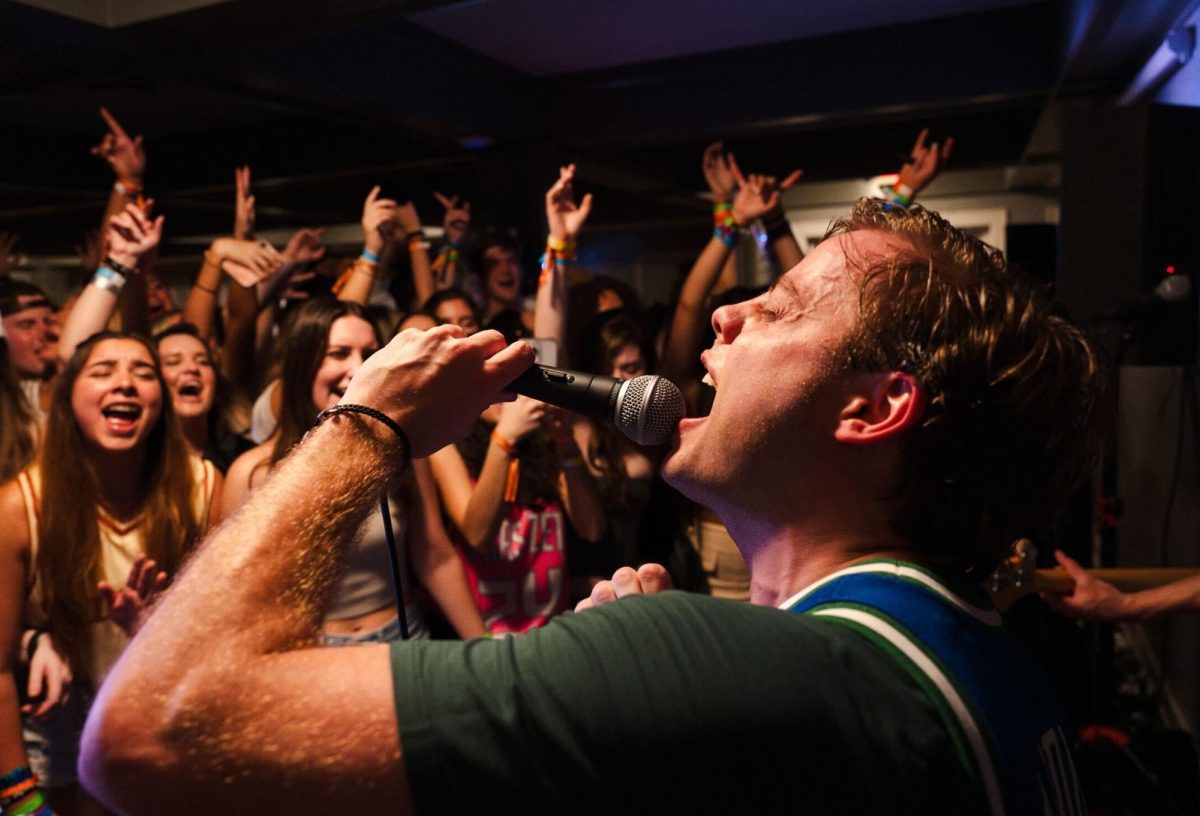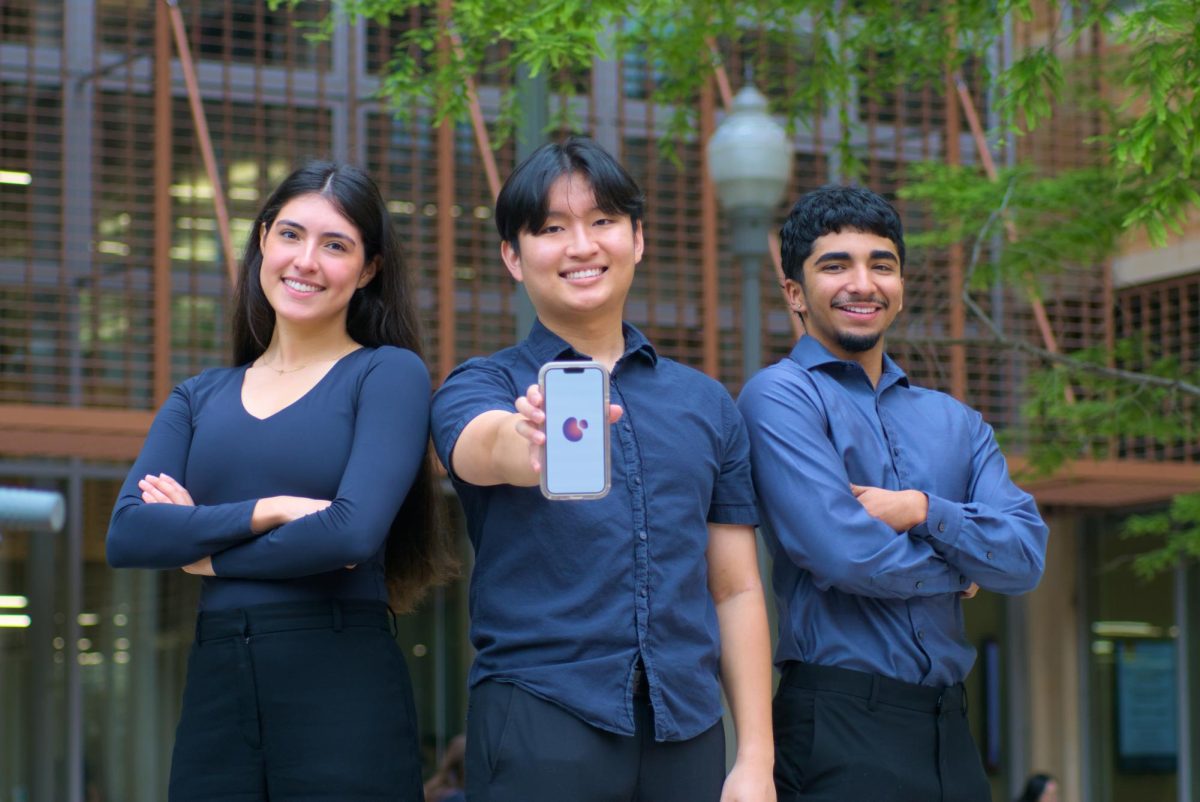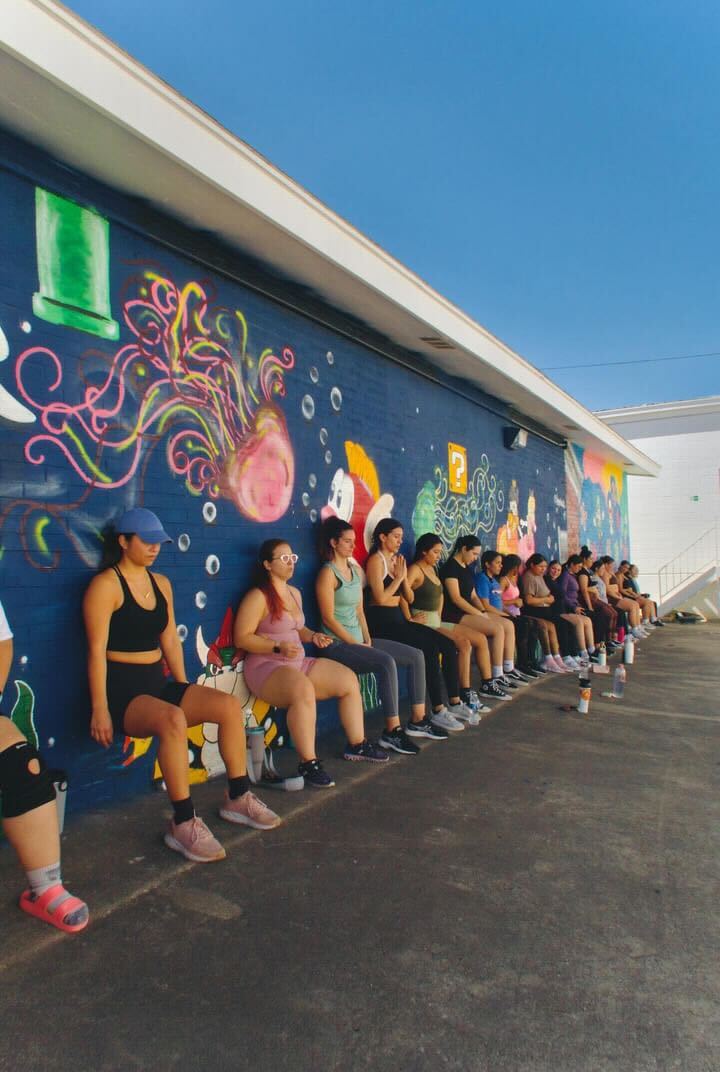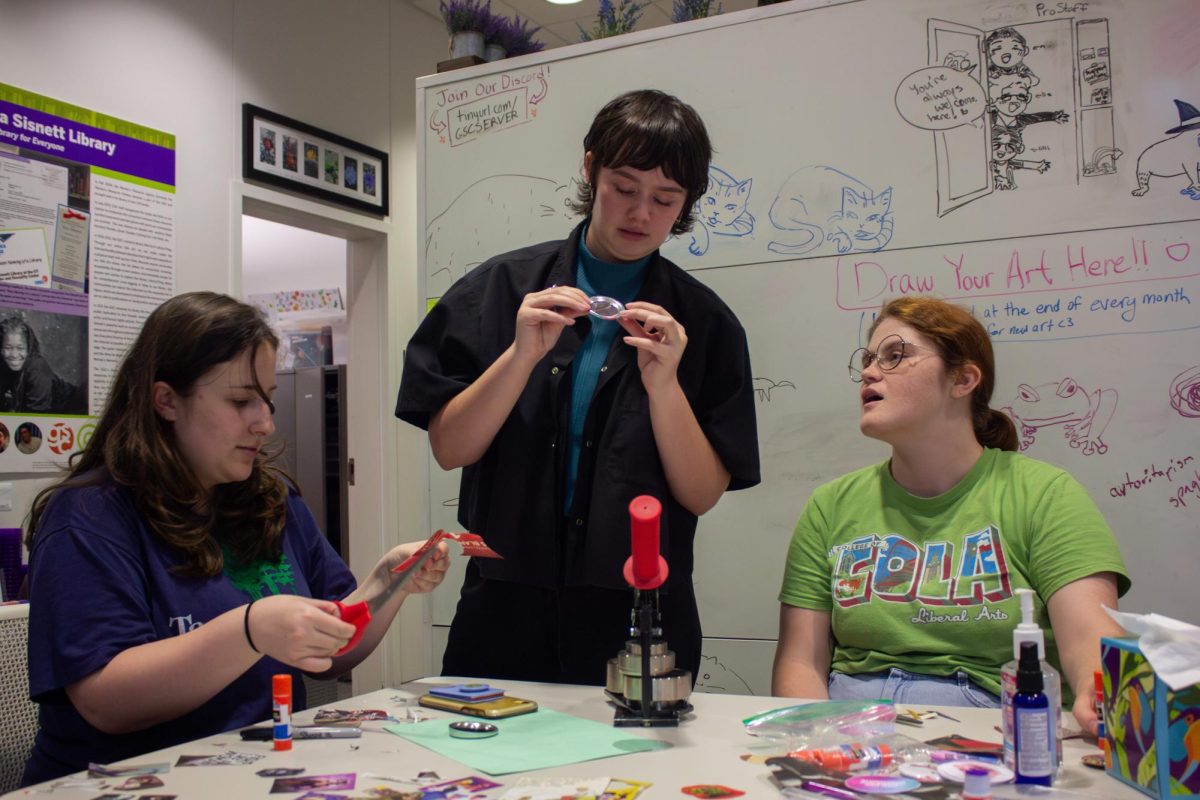For Adrian Fernandez, geocaching and history go hand-in-hand. His journey began with his first cache at a museum 10 years ago and extends to the present with his adventure lab that guides cachers to locations across campus. Starting on the South Mall and ending at the Dr. Martin Luther King Jr. statue, his adventure lab seeks to tell UT’s racial history through geocaching.
Geocaching, a globally recognized activity in which people hide caches in public areas to be found by other geocachers, gained traction during the launch of GPS tracking in 2000. Millions of caches lay hidden across the world, including 3,364 in Austin, according to the Geocaching website.
Fernandez, a history and Latin American studies senior, said he started geocaching after his dad’s friend introduced him to it.
“There are places within the University, within the city of Austin, that many people do not know a lot about,” Fernandez said. “The hobby transforms the seen parts of the world.”
Kirsten Hahn, journalism and radio-television-film alumna, said she placed several caches near 11 outdoor campus art locations as part of a Landmarks scavenger hunt in 2021.
“Not a lot of students know that we have this amazing artwork on campus,” Hahn said. “I wanted it to bridge being in the outdoors and public art.”
Like Hahn’s scavenger hunt, Fernandez said strategically-placed caches can tell stories of their surroundings. He said he set up a four-stage virtual cache, called an adventure lab, in 2022 to tell the story of how UT attempted to amend its racial past.
“It’s a story about controversy and how we understand the past,” Fernandez said.
Remnants of the history of racism Fernandez highlighted through his adventure lab emerged through Marcellus Cadd, the Central Texas representative for the Texas Geocaching Association. Cadd, who has geocached every day since 2018, said he started his blog to document his completion of the Texas County Challenge, whereby he collected a cache in all 254 Texas counties. However, he said he titled his blog “Geocaching While Black” after reading a forum post where people answered how many times police stopped them while geocaching.
“I’m reading people who are responding to it, and all the answers are like, ‘I’ve been doing this seven years, and I’ve been stopped once,’ or ‘I’ve been doing this five years, and I’ve been stopped twice,’” Cadd said. “I’m sitting there thinking, man, I’ve been doing this three months, and I’ve been stopped by cops seven times.”
Fernandez said he has not had any troublesome encounters. However, he underlined his Latin-American descent and said he has had close calls.
“But generally speaking, because I’m white-presenting, most people do not question what I’m doing looking for something,” Fernandez said.
Cadd said these racial biases pose an unfortunate reality of the current world.
“Geocaching is a colorblind activity, but as we all know, the world isn’t,” Cadd said. “I have to live with what it is now. So I work with that.”
Cadd said he visits places he would never have dreamed of through geocaching and spends quality time with his daughters on several of his adventures.
“It’s that feeling that you’re in on a secret nobody else knows about,” Cadd said. “I also wanted to show other people who look like me that this can be done. Come on in, the water’s fine.”




